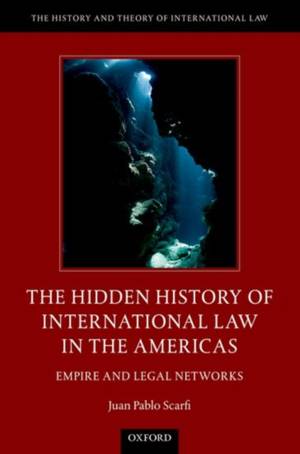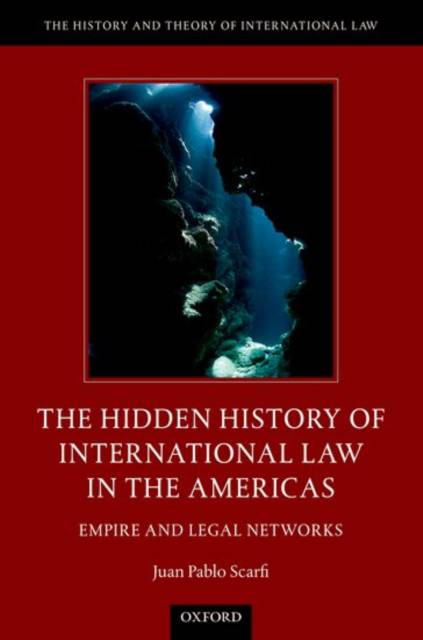
- Retrait gratuit dans votre magasin Club
- 7.000.000 titres dans notre catalogue
- Payer en toute sécurité
- Toujours un magasin près de chez vous
- Retrait gratuit dans votre magasin Club
- 7.000.0000 titres dans notre catalogue
- Payer en toute sécurité
- Toujours un magasin près de chez vous
233,95 €
+ 467 points
Description
International law has played a crucial role in the construction of imperial projects. Yet within the growing field of studies about the history of international law and empire, scholars have seldom considered this complicit relationship in the Americas. The Hidden History of International Law in the Americas offers the first exploration of the deployment of international law for the legitimization of U.S. ascendancy as an informal empire in Latin America. This book explores the intellectual history of a distinctive idea of American international law in the Americas, focusing principally on the evolution of the American Institute of International Law (AIIL). This organization was created by U.S. and Chilean jurists James Brown Scott and Alejandro Alvarez in Washington D.C. for the construction, development, and codification of international law across the Americas. Juan Pablo Scarfi examines the debates sparked by the AIIL over American international law, intervention and non-intervention, Pan-Americanism, the codification of public and private international law and the nature and scope of the Monroe Doctrine, as well as the international legal thought of Scott, Alvarez, and a number of jurists, diplomats, politicians, and intellectuals from the Americas. Professor Scarfi argues that American international law, as advanced primarily by the AIIL, was driven by a U.S.-led imperial aspiration of civilizing Latin America through the promotion of the international rule of law. By providing a convincing critical account of the legal and historical foundations of the Inter-American System, this book will stimulate debate among international lawyers, IR scholars, political scientists, and intellectual historians.
Spécifications
Parties prenantes
- Auteur(s) :
- Editeur:
Contenu
- Nombre de pages :
- 280
- Langue:
- Anglais
- Collection :
Caractéristiques
- EAN:
- 9780190622343
- Date de parution :
- 12-04-17
- Format:
- Livre relié
- Format numérique:
- Genaaid
- Dimensions :
- 157 mm x 236 mm
- Poids :
- 544 g

Les avis
Nous publions uniquement les avis qui respectent les conditions requises. Consultez nos conditions pour les avis.






